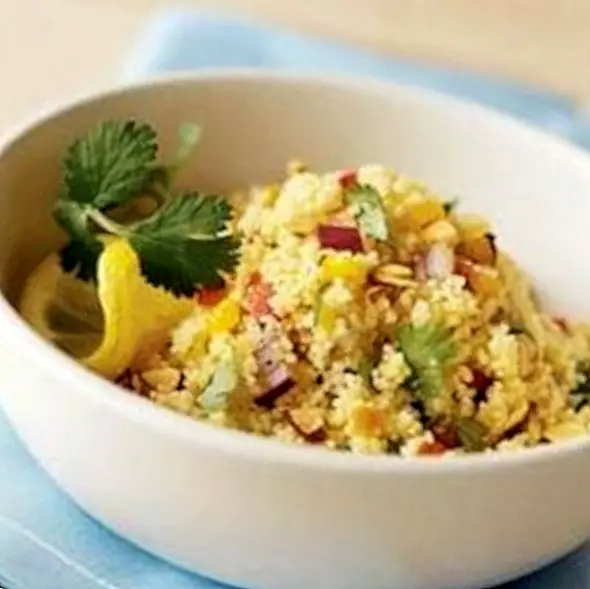Vitamin E
The Vitamin E, also called tocopherol, is a fat-soluble vitamin (that is, soluble in fatty substances), and constitutes in itself a mixture of several tocopherols very widespread in products of both vegetable and animal origin, of which -the most important- is the alfatocoferol.
It is important to note that this vitamin It has a large number of effects, especially for its antioxidant power, so it acts as a protector of certain elements necessary for the proper functioning of the cells of our body, fighting against its oxidation.
It is able to act at the level of red blood cells, preventing both its destruction (called hemolysis) and its excessive fragility, at the level of various enzymes and even blood platelets, preventing its excessive aggregation, which could produce risk of thrombosis .
As has been noted through various scientific studies, at high doses, vitamin E has an interesting action on the cholesterol, since it increases the so-called good cholesterol and lowers bad cholesterol.
What are the daily needs of vitamin E?
The needs of Vitamin E daily are included between 3 and 15 milligrams, although it should be taken into account that a normal diet largely satisfies these quantities.
These needs increase to a total of 15 milligrams could in pregnant women or nursing mothers.

In addition, these needs are also higher when we maintain a diet richer in polyunsaturated fats (of vegetable origin), since vitamin E has a protective role against the oxidation of these certain fats.
In what foods can we find vitamin E?
As we indicated at the beginning of this article, vitamin E is generally very abundant in foods, both those of plant origin and those of animal origin.
Yes, the foods richest in vitamin E are the vegetable oils, in the own germs of the cereals, and in somewhat weaker amounts in the milk, the meats, butter, liver, eggs, and some vegetables like the spinach, the leeks or the asparagus.
If you want to know in which food you can find a greater amount of this vitamin, we advise you to read our note on the Foods rich in vitamin E. This article is published for informational purposes only. You can not and should not replace the consultation with a Nutritionist. We advise you to consult your trusted Nutritionist. ThemesVitamins


